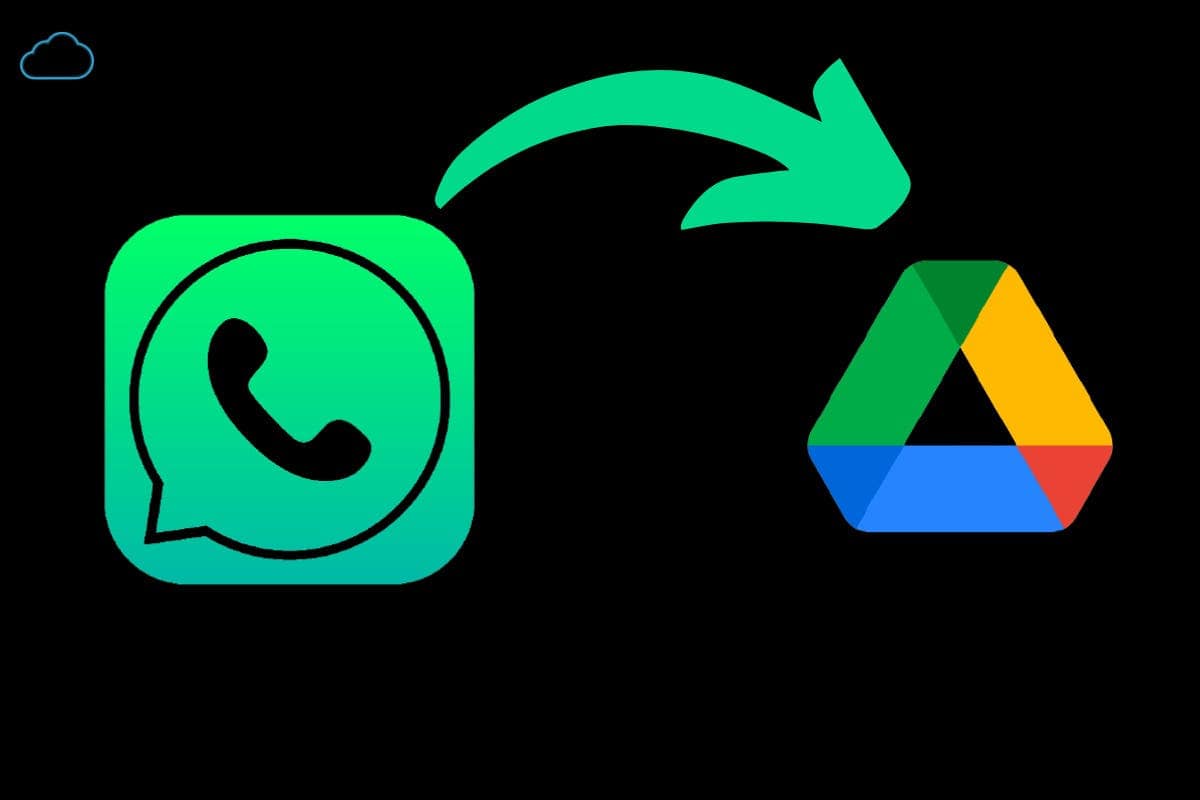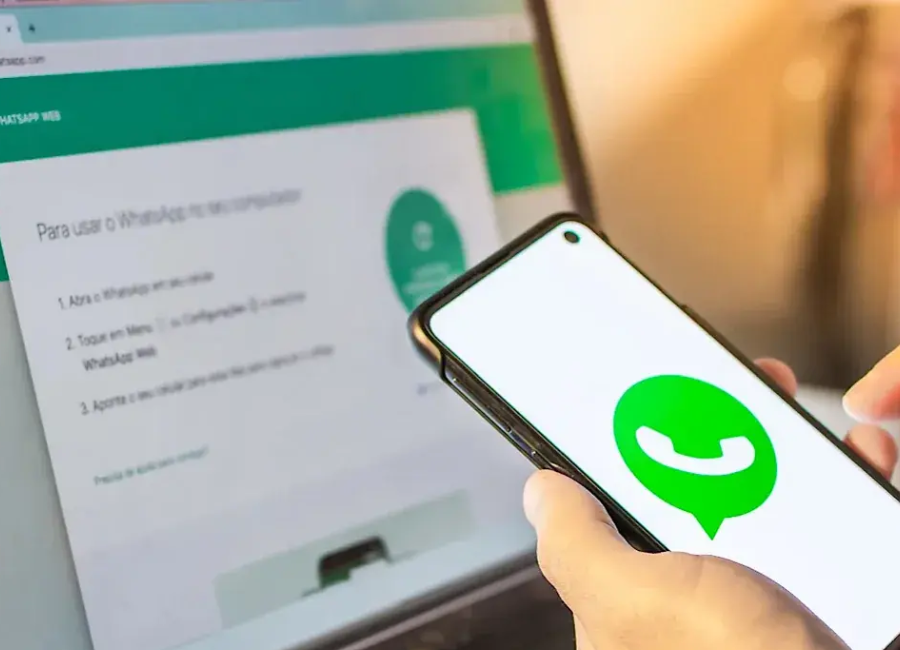Google has announced a significant change that may not be well-received by a substantial number of Android users, particularly those who heavily rely on WhatsApp for their messaging needs. Starting this December, the complimentary service of backing up WhatsApp chat data on Android devices will cease, introducing a crucial caveat – these backups will now contribute to your Google account storage allocation.
This development aligns Android users with their Apple counterparts, as iOS users have never enjoyed free WhatsApp chat backups. The implication is that the standard 15GB of free storage provided by Google, encompassing Gmail, Google Photos, and various applications, will now also be earmarked for WhatsApp chat backups. Depending on the extent of your WhatsApp usage and the volume of media shared within the platform, these backups could become substantial and subsequently consume a significant portion of your storage allowance.
For users who have not subscribed to Google’s premium service, ‘Google One,’ the ramifications are clear. WhatsApp data will now encroach upon the 15GB of free storage, leaving less space for other Google services. This move may prompt users to reassess their backup strategies and explore alternatives to manage their storage effectively.
Users with extensive chat histories and numerous shared media files are faced with several options. The first is to opt-out entirely from cloud backups, accessible through the WhatsApp settings menu. By navigating to the chat backup option and selecting ‘Never’ for the ‘Backup to Google Drive’ setting, users can avoid using Google storage for WhatsApp backups. However, this choice comes with a significant trade-off – the risk of losing all chat data in the event of a lost or damaged phone.

The second option involves reducing the backup size by manually deleting chats and media that occupy considerable space. While this is a practical solution to avoid incurring additional costs, it may require users to make difficult decisions about parting with media content they would otherwise prefer to keep.
A third alternative could be to save all photos and videos from WhatsApp onto external storage, such as a USB stick or portable hard drive. This solution not only helps free up space on Google Photos but also allows users to continue using the free storage provided by Google.
The final option entails subscribing to additional Google storage by opting for a paid plan. For many users, the AUD $2.49 ‘Basic’ monthly plan, offering 100GB of data, should be sufficient to accommodate WhatsApp chat backups without affecting the existing free storage limit. Google’s decision puts a stronger emphasis on prudent digital storage management, encouraging users to assess the value of their data and the importance of a reliable backup strategy.
In conclusion, this shift in Google’s policy regarding WhatsApp backups underscores the evolving landscape of cloud storage and prompts users to rethink their approach to managing digital data. As the convenience of free services diminishes, users are compelled to weigh the importance of their stored content and consider the most effective and cost-efficient storage solutions available to them.









